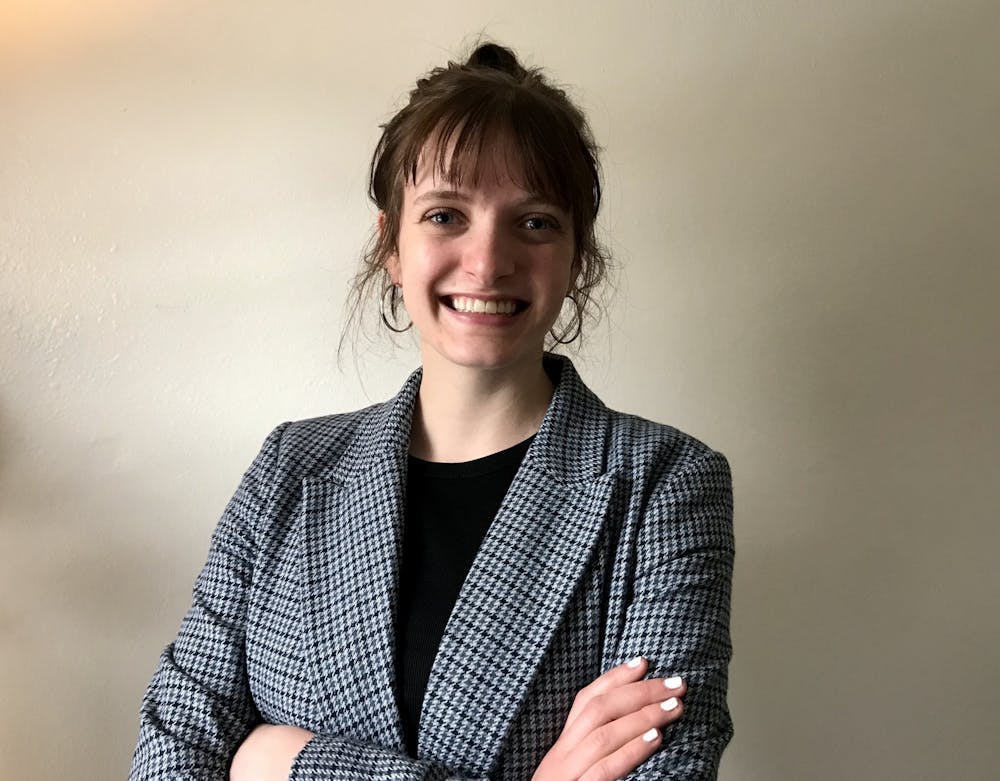GUEST COLUMN: Capitol siege highlights lack of civic engagement in education systems
Like so many others, I am appalled by the actions of the insurgents who infiltrated the United States Capitol last week. The U.S. has long hailed itself as the pinnacle of democracy. We have been referenced worldwide as a shining example of how government should be run. A place that is without the threat of domestic terrorism or uprisings, until Jan 6.
Last week demonstrated that our nation is no longer deserving of any such praise. Although, I personally believe the U.S. lost that praise long ago and I’m not the only one.
According to a 2017 poll conducted by The Washington Post and the University of Maryland, 71 percent of Americans feel that problems in the U.S. political system have reached an all-time low.
Media outlets have deemed the event as one of the most significant and defining days of Trump’s humiliating presidency. However, I believe there is a narrative missing from the current discourse - the role of education moving forward.
Weeks from now, as we continue to process Jan. 6, we need to look critically at our nation’s educational institutions. We need to assess the role they play in shaping the future electorate.
Instilling political efficacy needs to be at the core of civics and history curriculums. We need textbooks and educators that are dedicated to objectively teaching our students the American democratic process.
The current American education system lacks civic engagement and that needs to change. This mission may sound elementary, but we need to teach our students how to be citizens -- civically and politically.
I call upon lawmakers to fix the K-12’s lackluster civics and history curriculum and reimagine the way we teach our youth. We need our schools to focus on the power that democracy, organizing and voting hold.
I ask them to include course materials that demonstrate the brokenness of the system: the gerrymandering, disenfranchisements and suppression. These things limit the voice of underrepresented communities.
Imagine classes that focused on:
· How to understand and consume the media
· How to write and communicate with their representatives
· How to formulate petitions
· How to build voting and advocacy coalitions
· How to join political organizations
· How to have meaningful conversations cross-culturally
· How to make social and political change
At Central Michigan University, we are starting to see the implementation of this type of curriculum with programs through the Institute of Transformative Dialogue and the Office of Diversity Education. However, can you imagine that type of outreach and impact our university could have if civic engagement initiatives were a key component of our university’s mission?
Nonetheless, a civic engagement education should not be exclusively for those privileged enough to attend a four-year university. All students should be able to learn the skills to be active citizens. The violence we saw last week is the result of civically uneducated voters. Similar events will happen again if we ignore the problem.
We need to teach our future voters how to healthily engage in the political process. By doing this, we will restore the faith in the democratic process, and then maybe, we can one day be the pinnacle of democracy we once were.
Madeline Thomas is a Macomb Junior that’s studying political science with an emphasis on civic engagement and its societal impacts. Thomas has worked legislative internships with State Rep. Sara Cambensy and Christine Greig as well as Sen. Gary Peters. She now works on-campus as a Voter Engagement Student Coordinator.







